Stahl’s 11 manufacturing sites
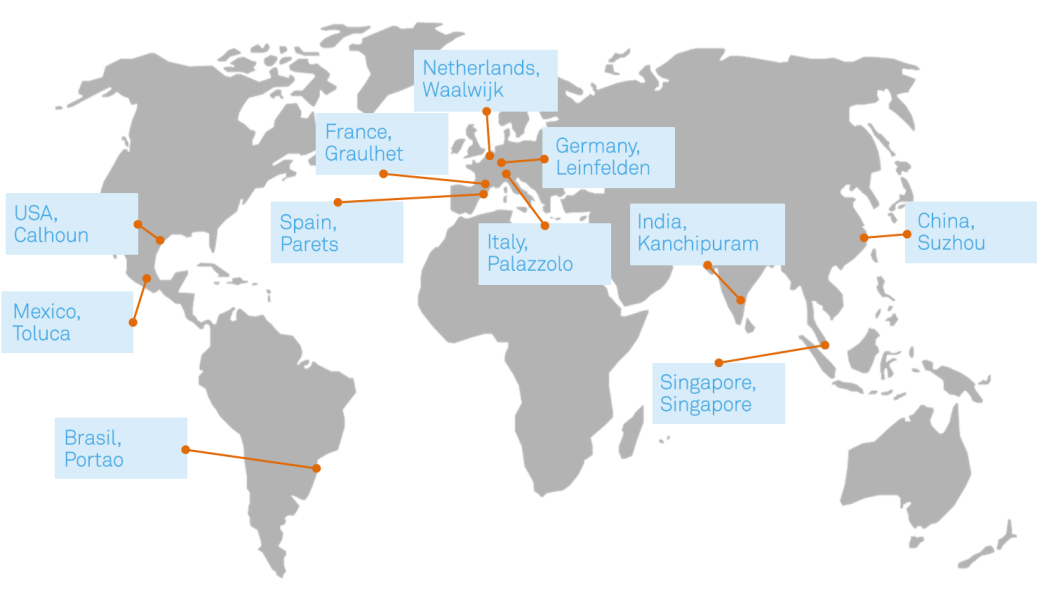
Maarten Heijbroek
CEO, Stahl
“Our purpose speaks to our shared ambition at Stahl to be a positive force in the lives of all our stakeholders, including our local communities and society at large. By collaborating with partners along the value chain, we can help advance positive solutions that will not only help improve lives today, but will also contribute to a better world for future generations.”
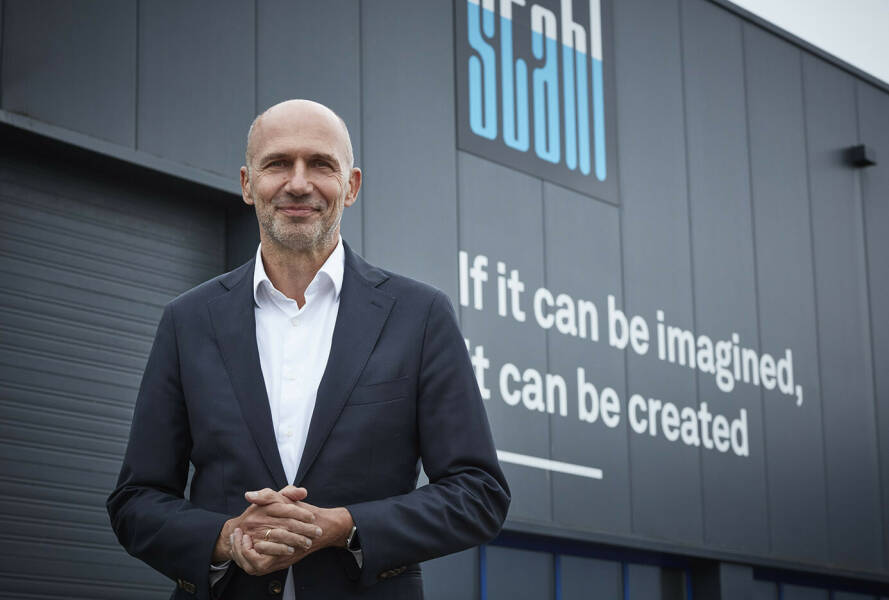
83%

of direct suppliers
rated by EcoVadis

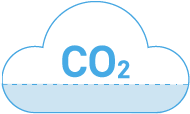
Reduction in CO2 intensity (Scopes 1 and 2) versus 2021
Scope 1 absolute emissions: -15%
Scope 2 absolute emissions: - 24%
-3%
EcoVadis Platinum rating achieved
of production from ISO 14001-certified manufacturing sites
94%

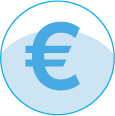
of sales revenue from ZDHC Gateway-certified products
73%
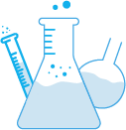
products with available life
cycle assessment data
160
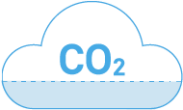
CO2 reduction targets submitted to SBTi for Scopes 1, 2, and 3

of management positions held by women
25%
2022 Key ESG results
Valued
Employees
R&D
Labs


Back to overview

Scroll
down
Stahl’s ESG Roadmap to 2030
Stahl has set out an ESG Roadmap to 2030. Targets and KPIs are organized under three pillars: Environmental Impact, Social Impact, and Governance.
Stahl's 2022 ESG Report is the 10th edition of this important publication. We launched the report in 2013 to provide Stahl's stakeholders with greater understanding and transparency surrounding our environmental, social, and governance strategy and activities. As we approach 2030, a milestone year in our ESG Roadmap, it is more important than ever that we are able to provide a detailed level of insight into the progress we are making against our ESG ambitions and targets.
We continue to explore ways to strengthen our ESG reporting. The sustainability reporting landscape is evolving and in 2022 Stahl took preliminary steps towards understanding and addressing the requirements of the Corporate Sustainability Reporting Directive (CSRD). A key focus going forward will be to determine how to make double materiality a more central feature of our ESG reporting approach.
Stahl’s ESG Report:
Ten years and counting
Hear from Stahl's CEO, Maarten Heijbroek, as he introduces our 2022 ESG Report and his personal highlights from the past year.
A word from our CEO
In 2022, Stahl took important steps toward achieving the targets set out in our ESG Roadmap to 2030. Here are a few key milestones from an eventful year.
Our ESG milestones in 2022
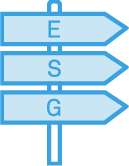
ESG Roadmap to 2030
- Ethical behaviour
- Diversity in leadership
- ESG incentives
- Supply chain
Governance (G)
Health and safety
Human capital
Human rights
Social commitment
Social (S)
- Climate change & climate resilience
- Water
- Stahl products
- Raw materials
Environment (E)
At Stahl, we have the potential to touch countless lives around the world. By forming strong relationships with our key stakeholders – investors, customers, suppliers, communities, and consumers – we aim to be a catalyst for positive change throughout our value chains. To support us in this ambition, we have established the Stahl ESG Roadmap to 2030, a list of commitments and targets for 2023 and 2030, supported by key performance indicators (KPIs) and aligned with the UN Sustainable Development Goals (SDGs).
In 2022, we continued to work toward the targets we set out in Roadmap, tracking our progress via our KPIs and our internal ESG Scorecard.
Our ESG commitments
Stahl's ESG commitments are based on seven principles:
Continuously minimize direct environmental impact and carbon footprint.
Ensure a safe working environment and a diverse culture for our employees.
Consolidate Stahl’s ESG leadership position by engaging with influential NGOs and IGOs on responsible chemistry, positioning ourselves as a trusted and knowledgeable partner.
Nurture diversity and inclusion to continuously improve employee skills and company attractiveness.
Foster ethical behavior by providing training and robust compliance programs.
Select and engage with suppliers based on recognized ESG standards.
Promote a sustainable development mindset to motivate employees throughout our organization.
Our key performance indicators fall under the three ESG pillars of Environmental Impact, Social Impact, and Governance. This ESG report is also structured around these pillars and provides updates on how we are progressing in each focus area.
Accountability and transparency
Stahl is assessed on important ESG indicators by a third-party auditor (Deloitte in 2022) selected by Wendel, Stahl’s majority shareholder. This assessment is focused on material topics related to the EU Non-Financial Reporting Directive (NFRD). The annual report on Stahl’s ESG performance in the Wendel Universal Registration Document (URD) is available to view in the latest Wendel URD here. Many of the topics from the Wendel URD are also covered in this ESG report.
About Stahl
94% of our production is ISO 14001-compliant

Manufacturing
Sites



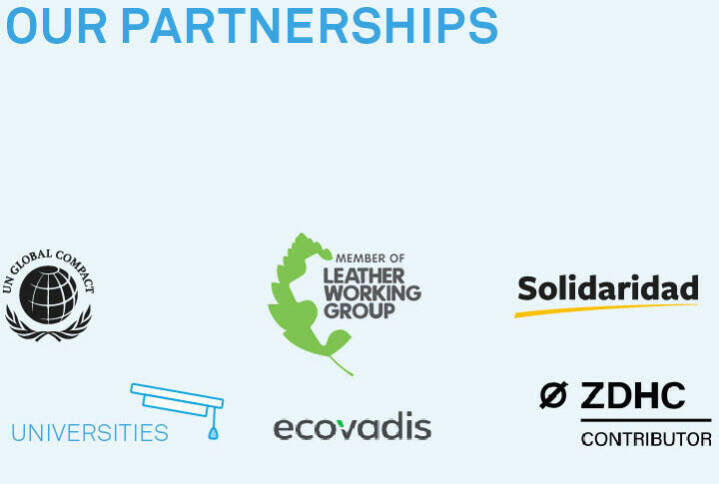
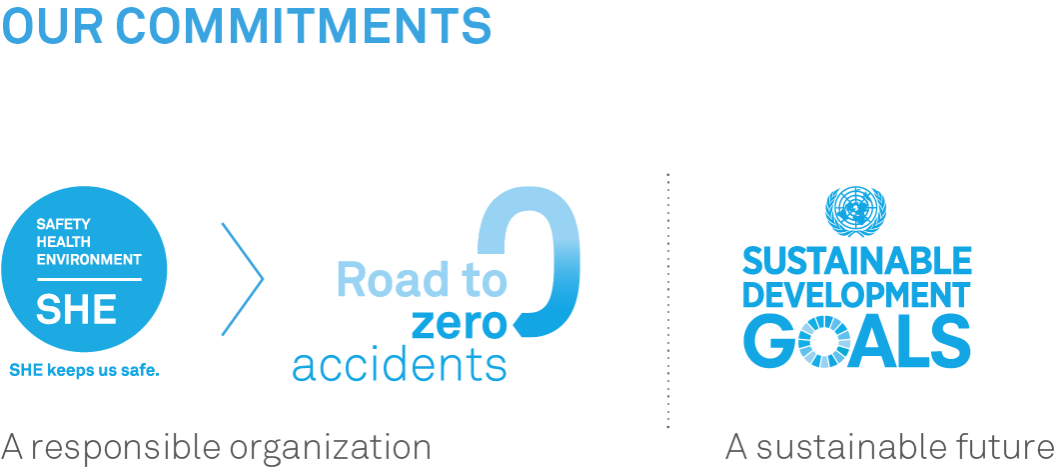

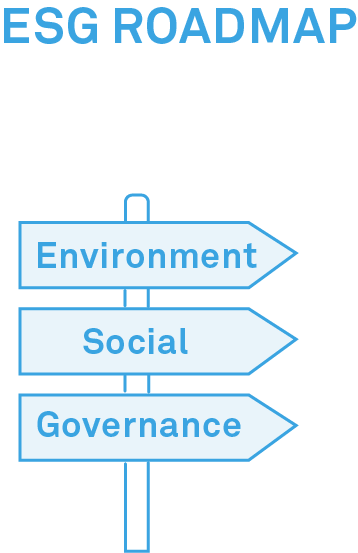
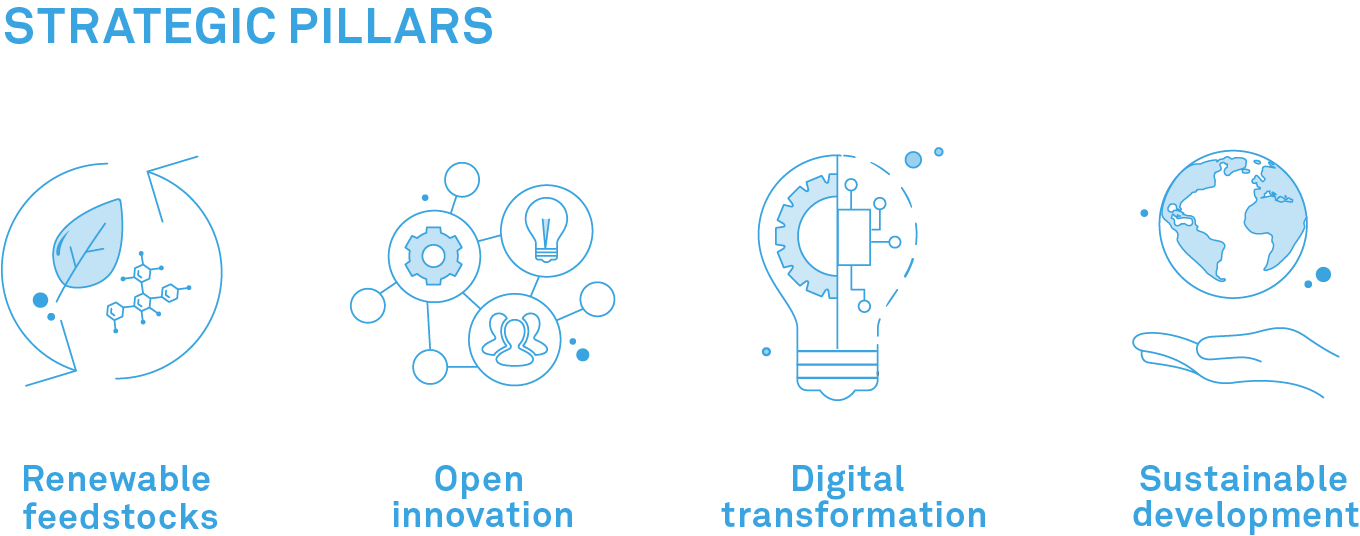

We create specialty chemistry for coatings, processing, and the treatment of many different everyday materials.
Creating responsible chemistry
in specialty coatings, processing, and treatments
Stahl’s products add functionality, durability, and comfort to everyday materials in the automotive, apparel, footwear, luxury goods, and home furnishings industries, among others, while helping to reduce their environmental footprint.
Established in 1930, Stahl is a world leader in specialty coatings and processing chemicals. Together with our value chain partners, we develop high-performing, low-impact solutions that enable the transition to a fully sustainable value chain based on renewable feedstocks.
Stahl's place in the value chain
Stahl operates 11 manufacturing sites (located in the Netherlands, France, Germany, Italy, Spain, Brazil, Mexico, the USA, India, China, and Singapore), with 60% of our products made in Europe. We also have 31 strategically located technical service laboratory facilities and sales support offices in 16 different countries. Stahl’s registered headquarters are in the Netherlands (Waalwijk).
We operate mainly in Argentina, Bangladesh, Brazil, China, France, Germany, India, Indonesia, Italy, Japan, Mexico, the Netherlands, Pakistan, Singapore, Spain, Turkey, and the United States. We are active (producing, sourcing, and selling) in more than 70 countries.
Stahl manufactures products at its network of owned sites or at outsourced locations, via service agreements. Our raw material suppliers include most of the major global chemical corporations. In addition to our direct suppliers who supply our raw materials (of which 83% are rated by EcoVadis on Labor and human rights, ethics, sustainable procurement, and environmental impact), our supply chain also includes logistics providers (56% of which are EcoVadis-rated) and suppliers for other products and services, such as work clothes, office supplies, and laboratory equipment. We have also started inviting these suppliers to complete EcoVadis assessments.
There were no significant structural changes to our organization in 2022. However, our activities continued to be influenced by external macroeconomic and geopolitical developments, as shortages of key commodities and sharp increases in the cost of energy and raw materials affected the entire chemical value chain.
Stahl has taken the initiative to align itself with the goals established in the 2015 Paris Agreement of limiting global temperature increase to 1.5°C above pre-industrial levels. In July 2022, the company submitted an emissions reduction goal to the Science Based Targets initiative (SBTi). Validation of the targets is expected in 2023. Stahl also began implementing the Stahl Climate Resilience and Adaption Plan. The plan takes into account (a) the transition risks, and (b) the physical risks that apply to the company, and describes the actions required to prepare for the effects of climate change and to limit Stahl’s contribution to further global warming. By integrating this plan into our strategy, we aim to secure our organization’s future and be a positive force for climate action in our industry.
Our purpose: Touching lives, for a better world
Around the world, more than 1,800 Stahl colleagues are driven by a clear purpose: Touching lives, for a better world.
We touch lives through our products, which help deliver functionality, durability, and comfort to the materials people use in everyday life – from vehicle interiors to apparel, footwear, luxury goods, and home furnishings.
We also aim to have a positive effect on the world around us. Working closely with our value chain partners, we are working to reduce our own impact and advance solutions that limit environmental degradation and the use of finite, fossil-based resources and materials.
Because, together, we can create a better world.
Renewable feedstocks – by switching to renewable feedstocks and encouraging our suppliers and partners to do the same, we can eliminate fossil carbon from our supply chains and help mitigate climate change.
Open innovation – co-creation and collaboration let us innovate more efficiently and reduce our environmental impact. Focus areas include water quality, renewable feedstocks, and advanced functional chemistry.
Digital transformation – our 10-year digital transformation strategy involves adopting and integrating new technologies – such as the internet of things, blockchain, and artificial intelligence.
Sustainable development – developing chemicals that are the building blocks of low-carbon, zero-pollution, energy-efficient materials.
Four strategic pillars
We believe the chemical industry has an important role to play in shaping a more sustainable society, through the advancement of solutions that enable high living standards within planetary boundaries. As we look to the journey ahead, Stahl has identified four areas of key strategic importance:
By focusing on these areas and working with partners throughout the value chain, we aim to help raise industry standards and create greater value for our employees, customers, partners, investors, and other stakeholders.
Four strategic pillars
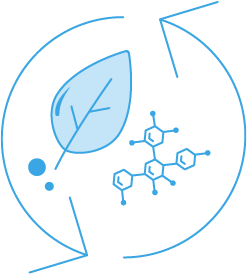
Renewable feedstocks
The most significant contribution the chemical industry can make toward mitigating climate change is to replace fossil fuels as the main source of raw materials for its products. Transitioning to low-carbon renewable feedstocks means eliminating non-renewable carbon resources such as coal, oil, and natural gas as feedstocks for organic chemistry. Stahl’s efforts to develop renewable feedstock chemistry and support a lower-carbon economy start with our own innovations, but they also involve technology partnerships and participation in advocacy groups, like the Renewable Carbon Initiative (RCI).
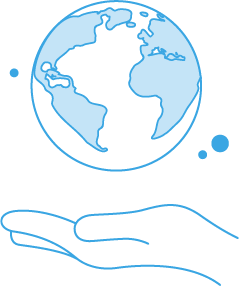
Sustainable development
Our sustainable development practices are underpinned by a commitment to social progress, environmental balance, and economic growth. We support the Sustainable Development Goals (SDGs), which were launched by the United Nations as a common Agenda for 2030 requiring the active involvement of individuals, businesses, civil society, and countries around the world.
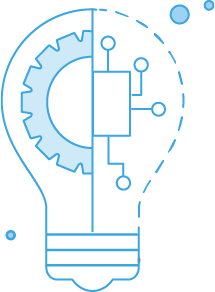
Digital transformation
Stahl is introducing a ten-year digital transformation strategy that incorporates a range of focus areas, from unified communications, the internet of things (IoT), and artificial intelligence (AI) to e-commerce and blockchain. This journey will change the way we work with our customers, our supply chain, our investors, and our employees, helping us create more value for all our stakeholders.
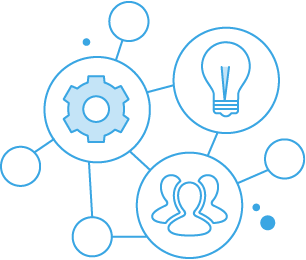
Open innovation
Open innovation is the process of collaborating with external individuals, teams, and organizations on the development of a defined project or to reach a shared goal. In particular, open innovation offers the opportunity to innovate more efficiently, explore new markets, better address customer demands, and reduce the environmental impact of our solutions. To achieve this, Stahl focuses on the following areas where our capabilities allow us to seize opportunities for positive impact: renewable feedstocks, water quality, and advanced functional chemistry.

Back
to top

Back to overview
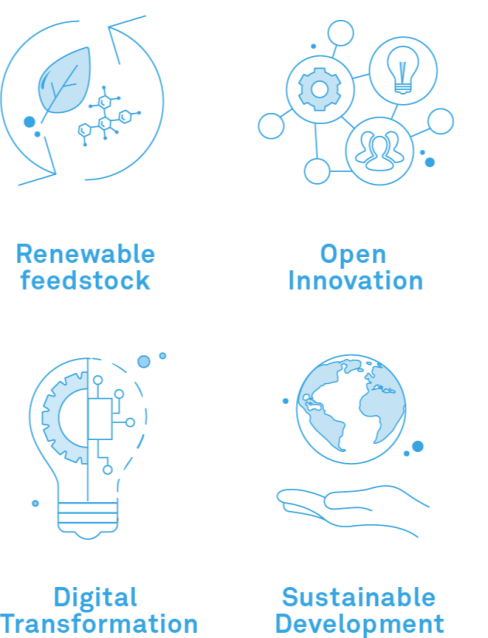
Four strategic pillars
Creating responsible chemistry in specialty coatings, processing,
and treatments
Stahl’s products add functionality, durability, and comfort to everyday materials in the automotive, apparel, footwear, luxury goods, and home furnishings industries, among others, while helping to reduce their environmental footprint.
Established in 1930, Stahl is a world leader in specialty coatings and processing chemicals. Together with our value chain partners, we develop high-performing, low-impact solutions that enable the transition to a fully sustainable value chain based on renewable feedstocks.
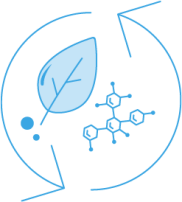
Renewable feedstocks
The most significant contribution the chemical industry can make to mitigating climate change is to replace fossil fuels as the raw material in its products. Transitioning to low-carbon renewable feedstock means eliminating non-renewable carbon resources such as coal, oil, and natural gas as feedstocks for organic chemistry. Stahl’s efforts to drive renewable feedstock chemistry and support a lower-carbon economy start with our own innovations, but also involve technology partnerships and participation in advocacy groups, like the Renewable Carbon Initiative (RCI).
Stahl's place in the value chain
Stahl operates 11 manufacturing sites (located in the Netherlands, France, Germany, Italy, Spain, Brazil, Mexico, the USA, India, China, and Singapore), with 60% of our products made in Europe. We also have 31 strategically located technical service laboratory facilities and sales support offices in 16 different countries. Stahl’s registered headquarters are in the Netherlands (Waalwijk).
We operate mainly in Argentina, Bangladesh, Brazil, China, France, Germany, India, Indonesia, Italy, Japan, Mexico, the Netherlands, Pakistan, Singapore, Spain, Turkey, and the United States. We are active (producing, sourcing, and selling) in more than 70 countries.
Stahl manufactures products at its network of owned sites or at outsourced locations, via service agreements. Our raw material suppliers include most of the major global chemical corporations. In addition to our direct suppliers who supply our raw materials (of which 83% are rated by EcoVadis on Labor and human rights, ethics, sustainable procurement, and environmental impact), our supply chain also includes logistics providers (56% of which are EcoVadis-rated) and suppliers for other products and services, such as work clothes, office supplies, and laboratory equipment. We have also started inviting these suppliers to complete EcoVadis assessments.
There were no significant structural changes to our organization in 2022. However, our activities continued to be influenced by external macroeconomic and geopolitical developments, as shortages of key commodities and sharp increases in the cost of energy and raw materials affected the entire chemical value chain.
Stahl has taken the initiative to align itself with the goals established in the 2015 Paris Agreement of limiting global temperature increase to 1.5°C above pre-industrial levels. In July 2022, the company submitted an emissions reduction goal to the Science Based Targets initiative (SBTi). Validation of the targets is expected in 2023. Stahl also began implementing the Stahl Climate Resilience and Adaption Plan. The plan takes into account (a) the transition risks, and (b) the physical risks that apply to the company, and describes the actions required to prepare for the effects of climate change and to limit Stahl’s contribution to further global warming. By integrating this plan into our strategy, we aim to secure our organization’s future and be a positive force for climate action in our industry.

Sustainable development
Our sustainable development practices are underpinned by a commitment to social progress, environmental balance, and economic growth. We support all 17 Sustainable Development Goals, which were launched by the United Nations as a common 2030 Agenda requiring the active involvement of individuals, businesses, civil society, and countries around the world.
Renewable feedstocks – by switching to renewable feedstocks and encouraging our suppliers and partners to do the same, we can eliminate fossil carbon from our supply chains and help mitigate climate change.
Open innovation – co-creation and collaboration let us innovate more efficiently and reduce our environmental impact. Focus areas include water quality, renewable feedstocks, and advanced functional chemistry.
Digital transformation – our 10-year digital transformation strategy involves adopting and integrating new technologies – such as the internet of things, blockchain, and artificial intelligence.
Sustainable development – developing chemicals that are the building blocks of low-carbon, zero-pollution, energy-efficient materials.
Four strategic pillars
We believe the chemical industry has an important role to play in shaping a more sustainable society, through the advancement of solutions that enable high living standards within planetary boundaries. As we look to the journey ahead, Stahl has identified four areas of key strategic importance:
By focusing on these areas and working with partners throughout the value chain, we aim to help raise industry standards and create greater value for our employees, customers, partners, investors, and other stakeholders.
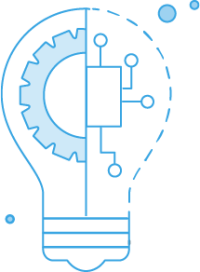
Digital transformation
Stahl is introducing a ten-year digital transformation strategy that incorporates everything from unified communications, the internet of things (IoT), and artificial intelligence (AI) to e-commerce and blockchain. This journey will change the way we work with our customers, our supply chain, our investors, and our own employees, and help us create more value for our stakeholders.
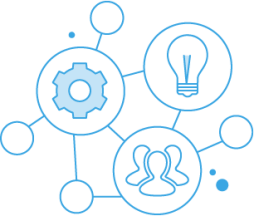
Open innovation
Open innovation is the process of collaborating with external individuals, teams, and organizations on the development of an agreed project or to reach a shared goal. In particular, open innovation offers the opportunity to innovate more efficiently, explore new markets, better address customer demands, and improve the environmental impact of our solutions. To do this, Stahl focuses on areas where our capabilities allow us to seize opportunities for positive impact: renewable feedstocks, water quality, and advanced functional chemistry.
OUR COMMITMENTS
OUR PARTNERSHIPS
STRATEGIC PILLARS
ESG ROADMAP
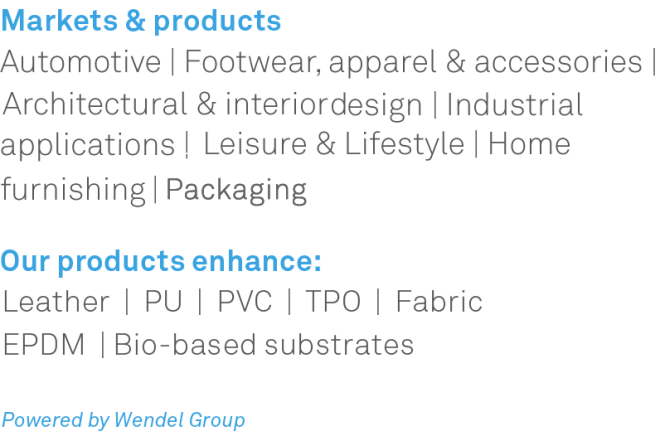


83%

of direct suppliers
rated by EcoVadis
products have Life Cycle Assessment (LCA) data, covering raw materials from 1,514 suppliers
of products (in sales revenue) are EU taxonomy-eligible.
of total sales revenue came from ZDHC level 3 products
sales revenue
Safety KPIs improved significantly
94% of our production is ISO 14001-compliant
60% of production volume in the EU
Valued employees
4 Stahl Campus® learning centers
Application laboratories
Centers of Excellence
R&D
Labs
Manufacturing
Sites
Nationalities
Stahl’s ESG Roadmap to 2030
Stahl has set out an ESG Roadmap to 2030. Targets and KPIs are organized under three pillars: Environmental Impact, Social Impact, and Governance.
Accountability and transparency
Stahl is assessed on important ESG indicators by a third-party auditor (Deloitte in 2022) selected by Wendel, Stahl’s majority shareholder. This assessment is focused on material topics related to the EU Non-Financial Reporting Directive (NFRD). The annual report on Stahl’s ESG performance in the Wendel Universal Registration Document (URD) is available to view in the latest Wendel URD here. Many of the topics from the Wendel URD are also covered in this ESG report.
In 2022, Stahl took important steps toward achieving the targets set out in our ESG Roadmap to 2030. Here are a few key milestones from an eventful year.
Our ESG milestones in 2022
of production from ISO 14001-certified manufacturing sites

94%

CO2 reduction targets submitted to SBTi for Scopes 1, 2, and 3
Hear from Stahl's CEO, Maarten Heijbroek, as he introduces our 2022 ESG Report and his personal highlights from the past year.
A word from our CEO
Stahl’s ESG Report:
Ten years and counting

of sales revenue from ZDHC Gateway-certified products
73%
Stahl's 2022 ESG Report is the 10th edition of this important publication. We launched the report in 2013 to provide Stahl's stakeholders with greater understanding and transparency surrounding our environmental, social, and governance strategy and activities. As we approach 2030, a milestone year in our ESG Roadmap, it is more important than ever that we are able to provide a detailed level of insight into the progress we are making against our ESG ambitions and targets.
We continue to explore ways to strengthen our ESG reporting. The sustainability reporting landscape is evolving and in 2022 Stahl took preliminary steps towards understanding and addressing the requirements of the Corporate Sustainability Reporting Directive (CSRD). A key focus going forward will be to determine how to make double materiality a more central feature of our ESG reporting approach.
We create specialty chemistry for coatings, processing, and the treatment of many different everyday materials.

products with available life
cycle assessment data
160

of management positions held by women
25%
Maarten Heijbroek
CEO, Stahl
“2022 was a year of excellent progress toward our ESG Roadmap targets for 2023 and 2030. And it couldn’t come at a better time, as Stahl introduces its new purpose – Touching lives, for a better world. That’s because a safer, healthier world is our ultimate goal. While we still see challenges up ahead, we’ll continue to view them as opportunities, too.”
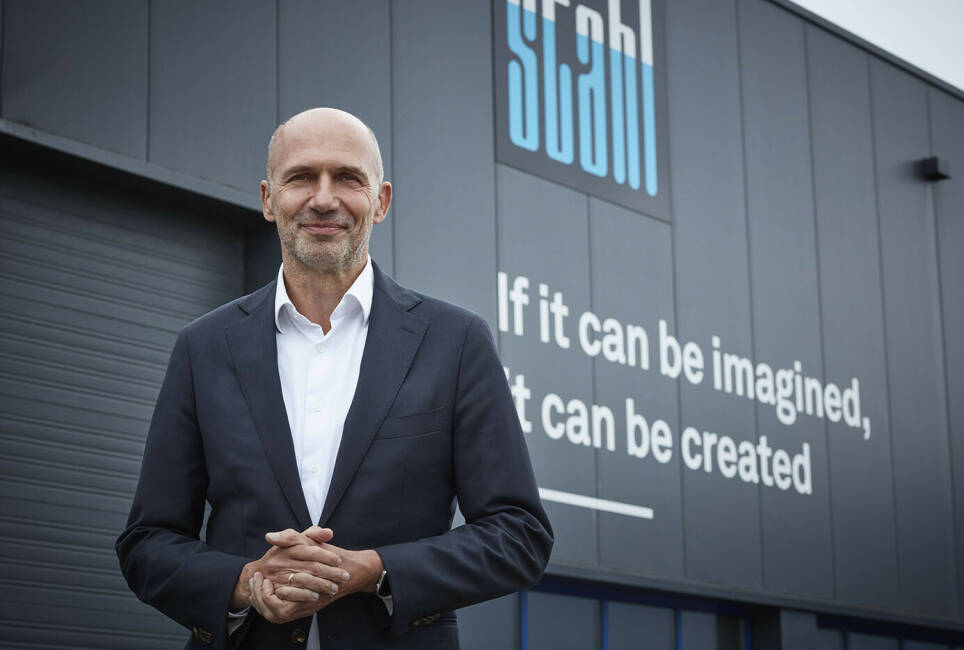

EcoVadis Platinum rating achieved

Back
to top
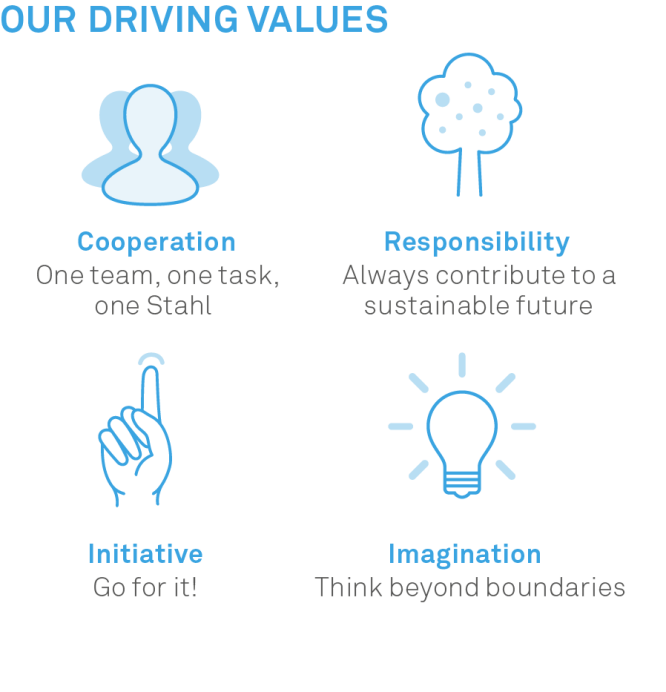
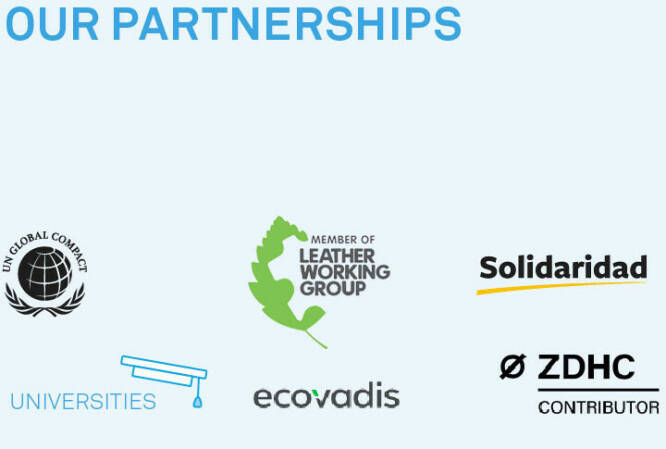
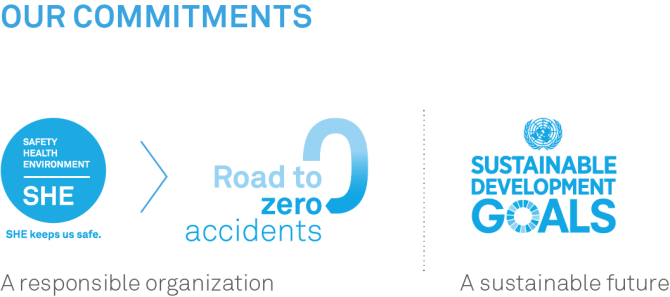
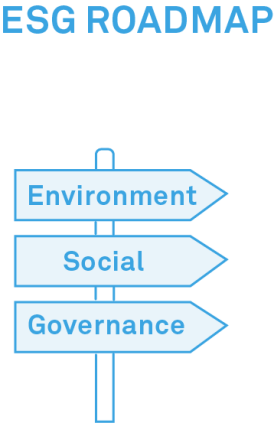
About Stahl

ESG Roadmap to 2030
- Ethical behaviour
- Diversity in leadership
- ESG incentives
- Supply chain
Governance (G)
Health and safety
Human capital
Human rights
Social commitment
Social (S)
- Climate change & climate resilience
- Water
- Stahl products
- Raw materials
Environment (E)

Reduction in CO2 intensity (Scopes 1 and 2) versus 2021
Scope 1 absolute emissions: -15%
Scope 2 absolute emissions: - 24%
-3%
2022 Key ESG results
Our ESG commitments
Stahl's ESG commitments are based on seven principles:
Continuously minimize direct environmental impact and carbon footprint.
Ensure a safe working environment and a diverse culture for our employees.
Consolidate Stahl’s ESG leadership position by engaging with influential NGOs and IGOs on responsible chemistry, positioning ourselves as a trusted and knowledgeable partner.
Nurture diversity and inclusion to continuously improve employee skills and company attractiveness.
Foster ethical behavior by providing training and robust compliance programs.
Select and engage with suppliers based on recognized ESG standards.
Promote a sustainable development mindset to motivate employees throughout our organization.
Our key performance indicators fall under the three ESG pillars of Environmental Impact, Social Impact, and Governance. This ESG report is also structured around these pillars and provides updates on how we are progressing in each focus area.
At Stahl, we have the potential to touch countless lives around the world. By forming strong relationships with our key stakeholders – investors, customers, suppliers, communities, and consumers – we aim to be a catalyst for positive change throughout our value chains. To support us in this ambition, we have established the Stahl ESG Roadmap to 2030, a list of commitments and targets for 2023 and 2030, supported by key performance indicators (KPIs) and aligned with the UN Sustainable Development Goals (SDGs).
In 2022, we continued to work toward the targets we set out in Roadmap, tracking our progress via our KPIs and our internal ESG Scorecard.


